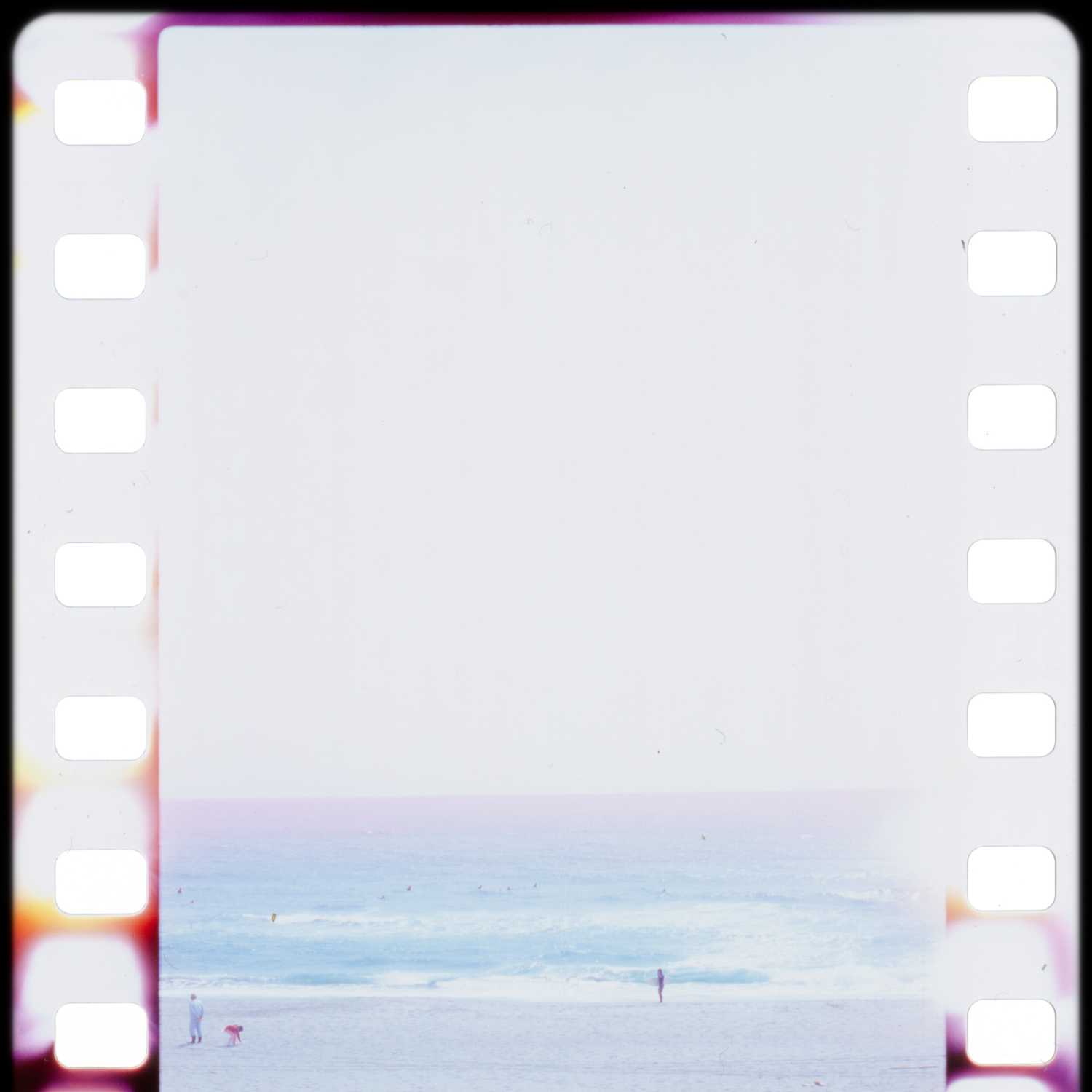- After-Shows
- Alternative
- Animals
- Animation
- Arts
- Astronomy
- Automotive
- Aviation
- Baseball
- Basketball
- Beauty
- Books
- Buddhism
- Business
- Careers
- Chemistry
- Christianity
- Climate
- Comedy
- Commentary
- Courses
- Crafts
- Cricket
- Cryptocurrency
- Culture
- Daily
- Design
- Documentary
- Drama
- Earth
- Education
- Entertainment
- Entrepreneurship
- Family
- Fantasy
- Fashion
- Fiction
- Film
- Fitness
- Food
- Football
- Games
- Garden
- Golf
- Government
- Health
- Hinduism
- History
- Hobbies
- Hockey
- Home
- How-To
- Improv
- Interviews
- Investing
- Islam
- Journals
- Judaism
- Kids
- Language
- Learning
- Leisure
- Life
- Management
- Manga
- Marketing
- Mathematics
- Medicine
- Mental
- Music
- Natural
- Nature
- News
- Non-Profit
- Nutrition
- Parenting
- Performing
- Personal
- Pets
- Philosophy
- Physics
- Places
- Politics
- Relationships
- Religion
- Reviews
- Role-Playing
- Rugby
- Running
- Science
- Self-Improvement
- Sexuality
- Soccer
- Social
- Society
- Spirituality
- Sports
- Stand-Up
- Stories
- Swimming
- TV
- Tabletop
- Technology
- Tennis
- Travel
- True Crime
- Episode-Games
- Visual
- Volleyball
- Weather
- Wilderness
- Wrestling
- Other
Western (2017) Valeska Grisebach - Cannesversations Episode 8
This week on Cannesversations, Eliana and Patrick discuss Valeska Grisebach’s self-described "dance with the Western genre," the 2017 Cannes Un Certain Regard in competition film Western. Considered by some to be part of the second generation of the Berlin School and by others to be one of the distinct voices of the New Austrian Cinema, Grisebach distinguishes herself through her filmmaking approach by favoring a collaborative process with her actors in the conceptualization of scenes.Strangely enough, this does not take away from her directorial signature style, yet rather establishes her as one of the leading filmmakers of world cinema concerned with narrative realism. Western implements documentary-style filmmaking techniques to speak to the subsisting undercurrent themes of colonization and masculinity with contemporary panache and vigilant subtlety.Credit/ Resources:Marco Abel. The Counter-Cinema of the Berlin School, Camden House, 2013.Martine Floch. „Western, de Valeska Grisebach (2017).” Histoire Politique, https://doi.org/10.4000/histoi....repolitique.5350.Cod Morari. European Auteurs Revisit the Western: Thomas Bidegain’s Les Cowboys and Valeska Grisebach’s Western.New German Critique: An Interdisciplinary Journal of German Studies. 2019;46(3 [138]):11-34.Tony Pipolo. Small Talk. “Tony Pipolo on Valeska Grisebach’s Western.” Artforum, February 2018.Peter Scheinpflug. „Western (Valeska Grisebach, 2017). Home is here the horse is, oder: Valeska Grisebachs respektvolle Demontage des Westernhelden.”Lola, Toni, Yella und die anderen: Der deutsche Film nach 1990, Brill | Fink, 2023, pp. 417-434.Victoria Steiner. „Der deutsche Weste(r)n zu Valeska Grisebachs WESTERN (2017) – unter anderem.“ Medienobservationen, pp. 1-20.Peter Verstraten “Valeska Grisebach’s Western: An Unacknowledged Remake of Samuel Fuller’s ‘Run of the Arrow.’” Senses of Cinema, Issue 87, June 2018.Catherine Wheatly. “Not Politics but People: The ‘Feminine Aesthetic’ of Valeska Grisebach and Jessica Hausner.” New Austrian Film, Berghahn Books, 2011, pp. 136-147.Sound:EFF Open Audio License for Le Carnaval des Animaux (Saint-Saëns, Camille - Aquarium) by Neal O'Doan (Piano) Nancy O'Doan (Piano), and Seattle Youth Orchestra Pandora Records/Al Goldstein ArchiveInterview: https://www.youtube.com/watch?v=iKAPNjgkNS4

